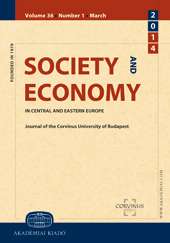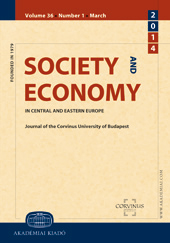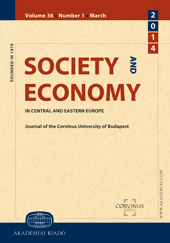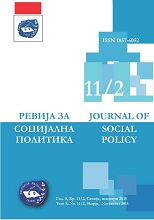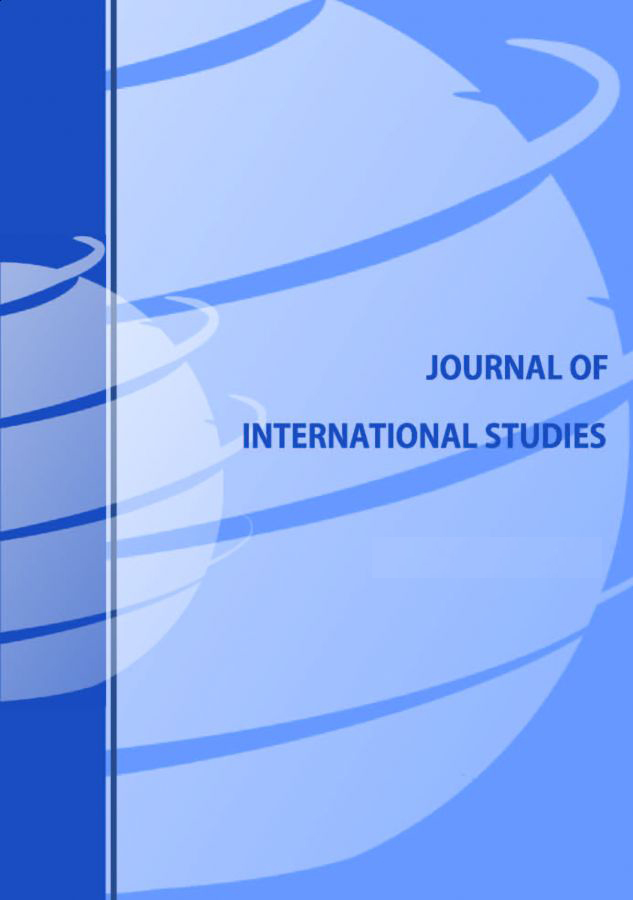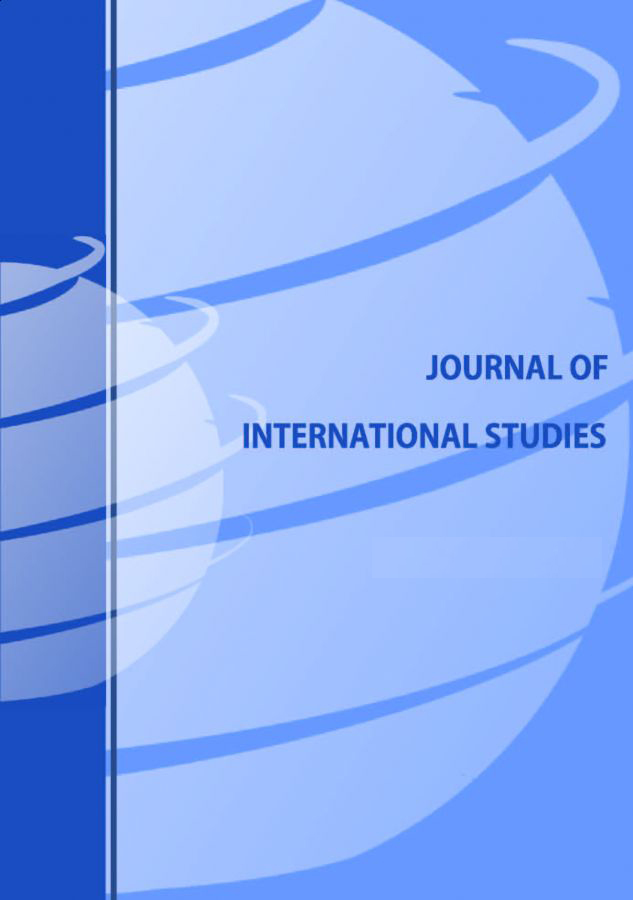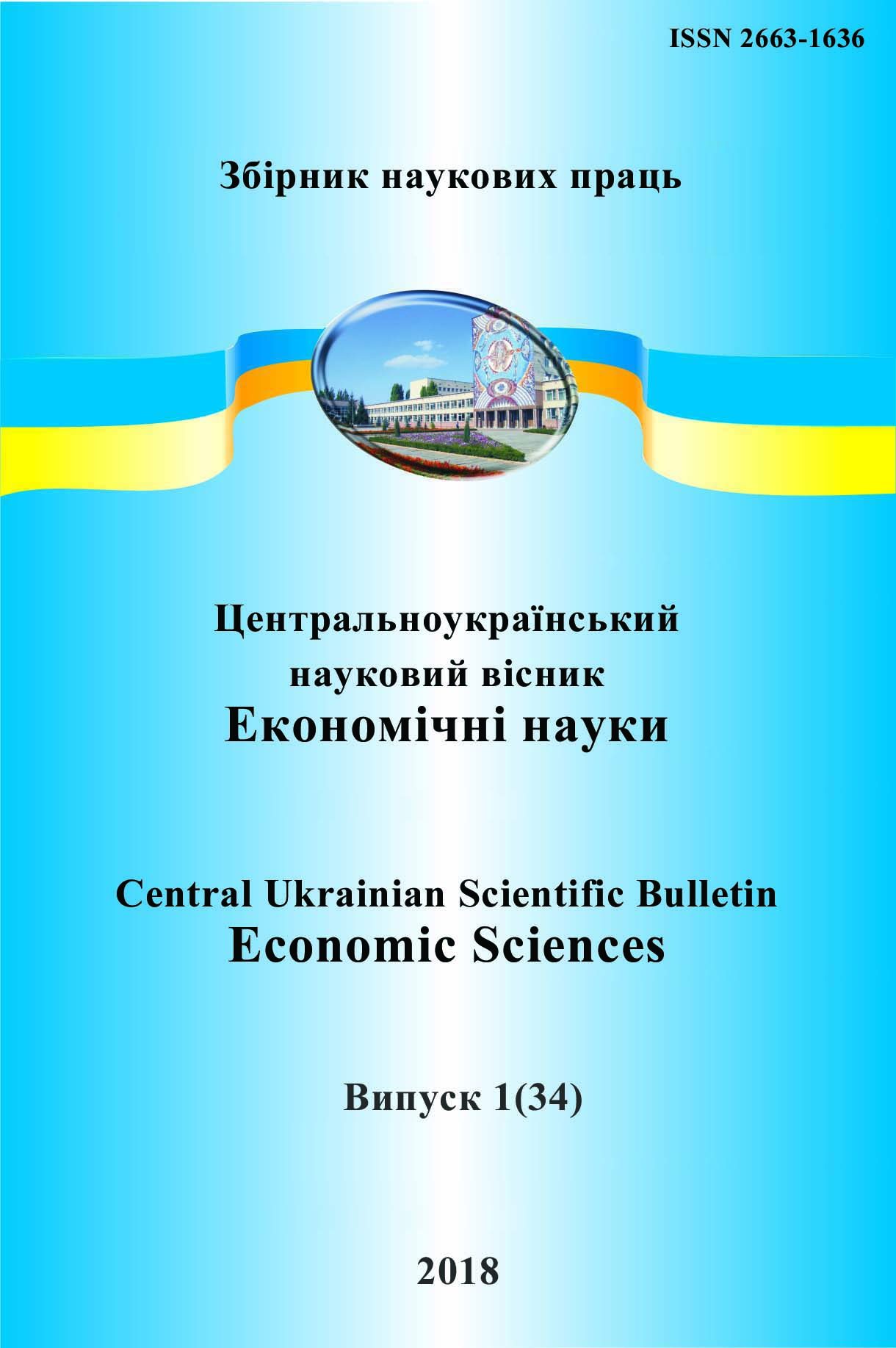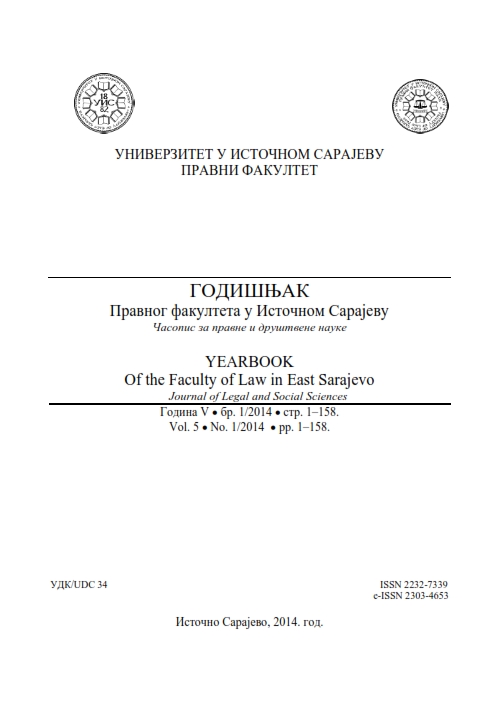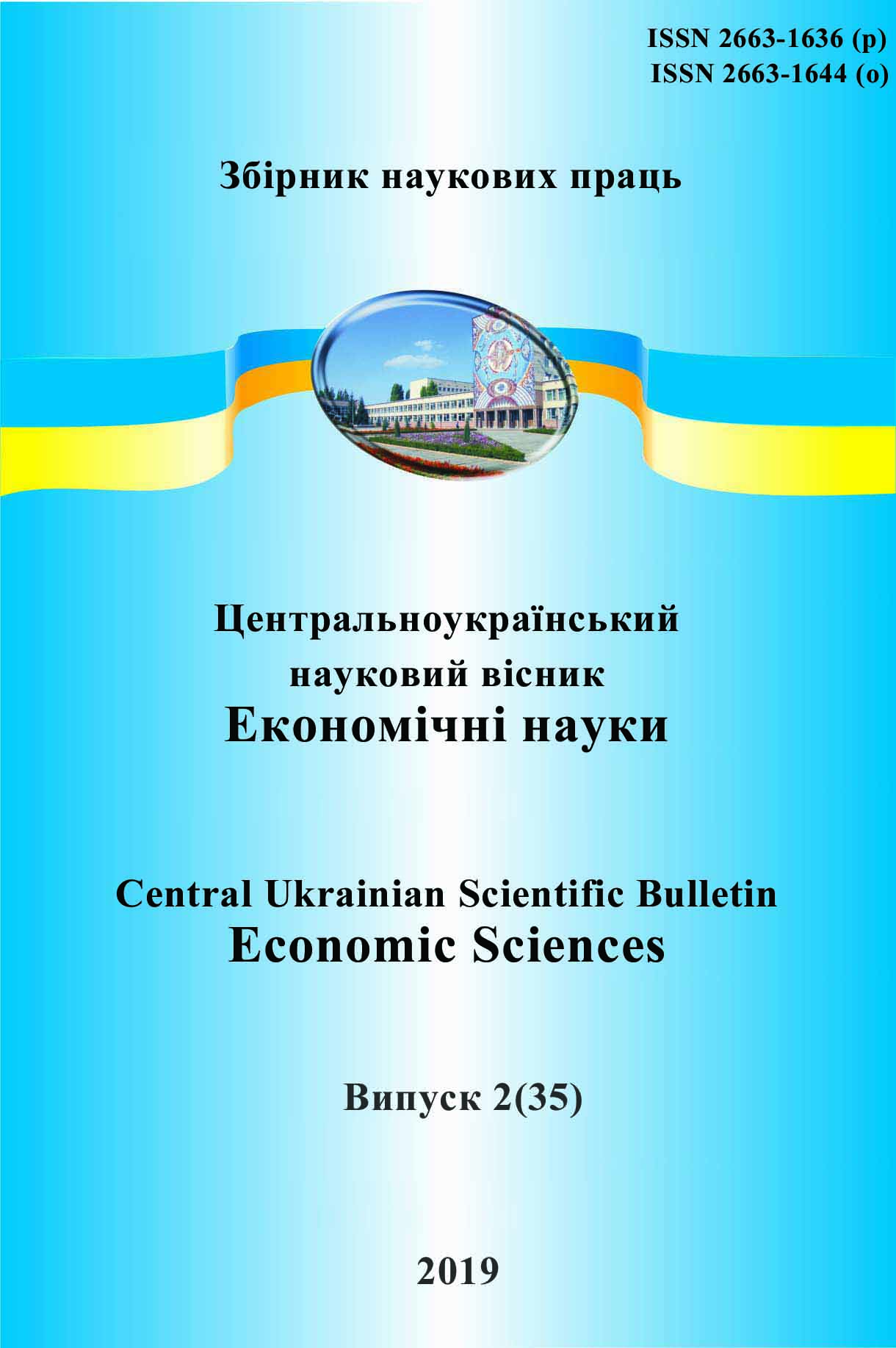Local government finances in Hungary: From the culprit of fiscal slippages to a source of stability?
While in the decade prior to 2010 Hungarian local governments had been a notorious contributor to budgetary slippages and growing public indebtedness, the sector’s balance has subsequently turned to positive in the context of a wide-ranging centralisation effort and the corresponding revamp in subnational financing arrangements. The fiscal indicators therefore, prima facie, point to a transformation of a regular sinner into a source of stability. Based on a detailed account of the recent reform steps and the preliminary assessment of their first impacts, this study argues that it is too early to conclude that the observed positive developments are the structural results of the measures taken over the last five years. The enacted institutional streamlining, the new debt authorisation rule and the increased tapping of the local tax potential should all have a lasting positive impact on public finances. Nonetheless, the intended efficiency gains due to economies of scale in service provision are not yet apparent, insofar as no reduction has been achieved in the headcount of the concerned branches. Moreover, the observed non-differentiation in the debt assumption may raise the spectre of moral hazard for the municipalities in the longer run.
More...
